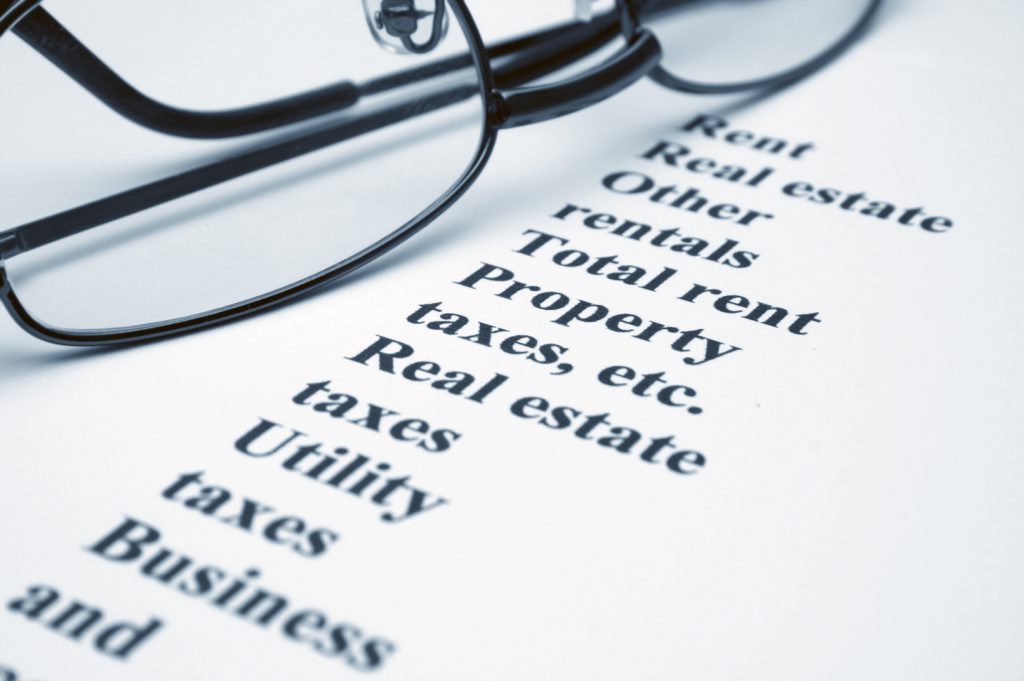
Being a landlord can be incredibly profitable, but also very difficult at times.
I don’t know about you, but my properties aren’t exactly on Easy Street.
Over the last 10 years, I’ve experienced many of the issues that plague owners, and cast fear into the hearts of wanna-be landlords.
Through endless reading, trial and error, and tenant feedback, I’ve learned that almost every rental problem has a solution.
Based on my experience, here are the top 10 pain points that most landlords will eventually experience, along with ways to fix or prevent them.
1. Loss of Rent/Income
- Vacancy
- Rent Default (Tenant Stops Paying)
- Tenant Hold-over (Tenant Won’t Leave and Won’t Pay Rent)
Solutions:
- To reduce vacancy, start listing your units for rent 60 days prior to the end of the current lease.
- Screen your tenants better – make sure you don’t let a deadbeat or a scammer into your property.
- Terminate the lease immediately for nonpayment – with proper notice for your state, of course.
- Learn about your local eviction process, and be ready to file the paperwork immediately after lease termination.
2. Eviction
- Court Costs of Eviction
- Strict Legal Rules for Eviction
- Tenant Retaliation by Damaging the Property
Solutions:
- Require a large security deposit (1-2 month’s worth of rent, depending on what is allowed in your state) at the beginning of the lease to alleviate potential expenses of court costs and damages.
- Learn about your local eviction process, and be ready to file the paperwork immediately after lease termination.
- Include a clause in your lease that mandates court costs and attorney’s fees be paid by the prevailing party.
3. Stress of Property Management
- Cleanliness of Tenants
- Unintentional/Intentional Destruction of Property
- Illegal Drug Use
- Lawsuits
- Chasing Down/Collecting Rent
- Tenants Lying to You
- Noise and Nuisance Complaints
- Dealing with Disgruntled Neighbors of Your Rental
- Police/Domestic Violence Issues
- Ensuring Tenant Satisfaction
- Ensuring an Unbiased and Fair Screening Process
Solutions:
- Find a rock-solid lease and stick to it.
- Stop by or drive by the property at least once a month.
- List the tenant’s cleaning responsibilities in the lease.
- Put everything in writing (or email).
- Ask the neighbors to call you first, whenever there is an issue.
- Don’t be afraid to call the police.
- Find a local landlord-tenant lawyer and build a friendship with him or her, before you actually need an attorney.
- Use an automated tool, such as Cozy, to accept applications, screen tenants, and collect rent online.

4. Stress on Personal Life/Relationships
- Spouse or Partner Worried About Finances
- Always Being On-call for Rental Issues
Solutions:
- Include your spouse or partner in the financial decisions and respect their opinion.
- Keep a three- to six-month emergency (or vacancy) fund for each property. Yes, it takes a while to build that up, but you’ll sleep better.
- Ask your tenants to report issues via email or text, which only takes a second to review. If it’s urgent, you can deal with it immediately.
5. Tenant Turnover
- Trying to Find a New Tenant
- Cleaning up After a Previous Tenant
- Feeling of Rejection When Prospective Renters Don’t Want to Rent Your Place
- Exhaustion from Showing a Unit Week After Week
- Handling, Storing and Disposing of Abandoned Personal Property
Solutions:
- When looking for new tenants start early, while the unit is still occupied.
- List your units for rent 60 days prior to the end of the current lease.
- Refresh your listing on Craigslist every three to five days.
- Don’t sweat the clean-up, just hire a maid service and deduct the cost from the deposit (excluding normal wear and tear).
- Schedule showings back-to-back, every 30 minutes, in a four-hour block on a Saturday. I call this “The Landlord’s Open House.”
6. Repairs
- Knowing When to Do It Yourself and When to Hire a Pro
- Finding and Evaluating Qualified Contractors
Solutions:
- Create a handy tool bucket that you can keep in your trunk.
- Your rentals will provide great opportunities to learn basic handyman skills, but don’t get in over your head. I’ve made small leaks much worse because I didn’t know what I was doing.
- Buy an all-purpose DIY book, and skim through it regularly. Keep it in your car, so you always have it nearby.
- Ask to observe every service professional that comes to your property. You’ll learn a lot through observation.
- Research contractors on Angie’s List, Handy (formerly Handybook), Yelp, and the Better Business Bureau.
7. Compliance with Laws
- Obtaining Business Licenses and/or Landlord Registration
- Understanding Landlord-Tenant State Laws
- Knowing Landlord vs. Tenant Rights
Solutions:
- Don’t try to circumvent the government. You may get away with it for a while, but eventually it will catch up to you.
- Learn your state’s rental laws.
- Join a local landlord association, rental housing association, or real estate investor association to network with other landlords.
- Attend landlord training in your city. Landlordology provides free guides and occasional online webinars. Join our newsletter to stay in the loop.
8. Adequate Insurance
- Insuring Each Property
- Insuring Against Rental Income Loss and Lawsuits
- Insuring Your Portfolio
Solutions:
- You might get a better rate if you insure all your properties with a single provider.
- Inform your provider that your properties are rentals, and not homeowner occupied (critical!).
- Sign up for “Fair Rental Income Protection” in your policy to cover the rent during a covered loss.
- Make sure you have proper coverage.
- Consider getting “umbrella” insurance to cover excess liability and risk not covered by the individual policies. An umbrella policy will insure your entire portfolio, not just your properties.
9. Leases
- Finding a State-compliant and Bullet-proof Lease
- Explaining Lease Clauses to Tenants
- Knowing Whether or Not Your Lease Will Hold up in Court
Solutions:
- Use a premium, state-specific lease that has been reviewed by lawyers. It’s worth the investment. Check our toolbox for suggestions.
- Don’t ever use a “free lease” that you find on the internet. It could cost you thousands in lawsuits.
- Review your state laws for any required or prohibited clauses.
- Review the entire lease with the applications before signing.
- Use online document signing tools, like SignNow, HelloSign, and Docusign, to digitally sign leases remotely.
10. Finances
- Keeping Track of Security Deposits
- Calculating Interest on Deposits
- Commingling Funds
Solutions:
- Keep the security deposit in a separate, interest-bearing bank account.
- Open a separate security deposit bank account for each property.
- Collect and give interest on the deposit money if you are required to by law. If the statutes don’t regulate interest, just give the tenant all the interest that is accrued.
BONUS: Taxes
- Keeping Track of Income and Expenses
- Calculating Depreciation
- Sending out 1099s to Contractors
- Deciding to DIY or hire a CPA
Solutions:
- Use an all-in-one property management software that lets you track income and expenses. If not, there are other great tools, like Freshbooks, Excel, and Quickbooks.
- Property Managers (not landlords) who pay a contractor more than $600 in a given year, must send out 1099s. Some tools like, Buildium and Appfolio can make this task easier.
- TurboTax can easily prepare and file the taxes for most small landlords. If you have multiple business entities, joint ownership, or tax shelters, then you should probably hire a CPA.
Credit to Lucas Hall
Lucas is the Chief Landlordologist at Cozy. He has been a successful landlord for over 10 years, with dozens of happy tenants and a profitable income property portfolio.

Please follow and like us:
